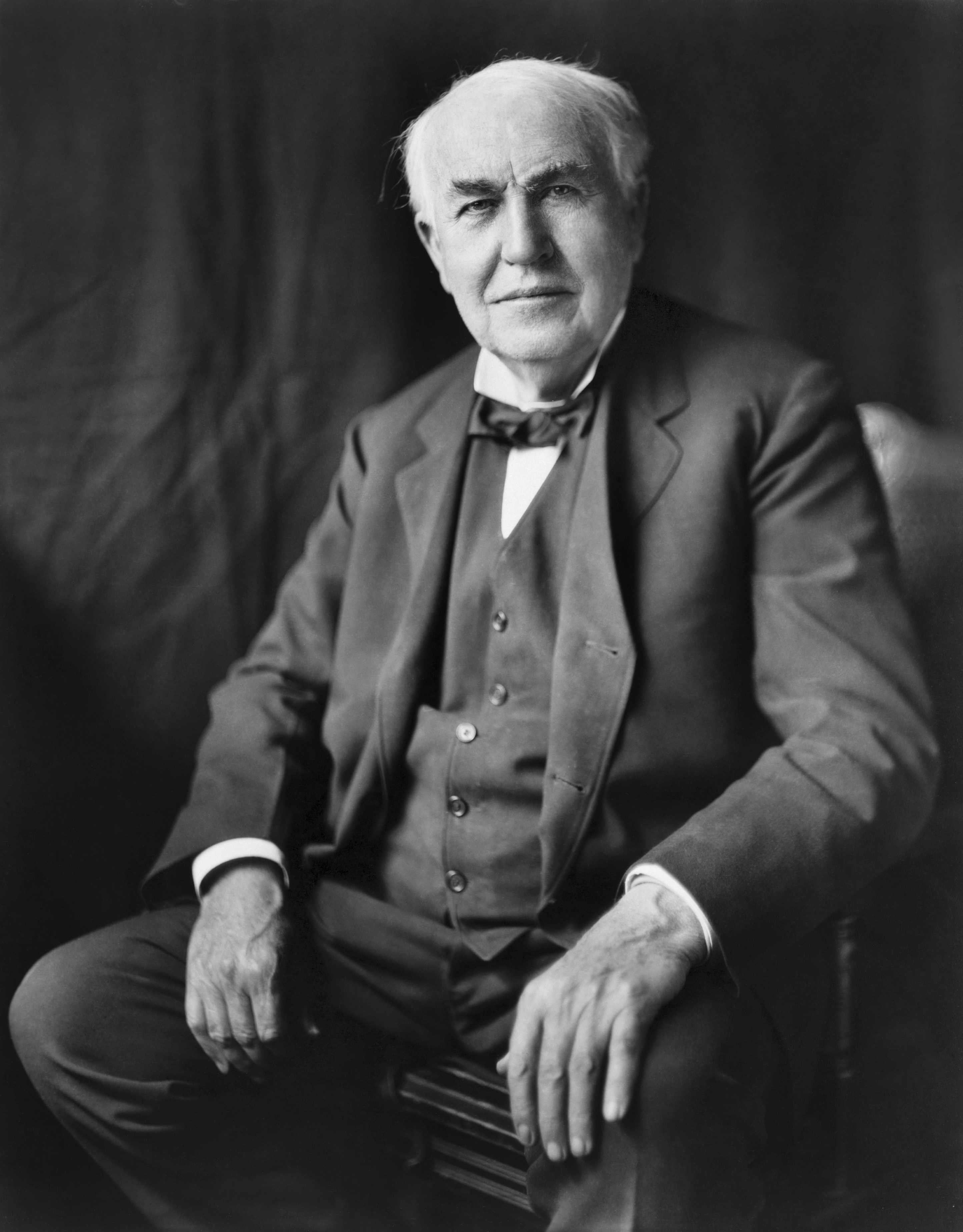See you soon at www.endiscomingblog.com
End.

Where current and historical events meet...for coffee.

July 17th, 2009 – Reporter, journalist, news anchor and personal hero of mine, Walter Cronkite has passed away at the age of 92. It is not necessary to find historical parallels between his career and others because he simply has become part of history. He was there to relate to us great events throughout the twentieth century first on news print, then on radio and eventually on television. Having the ear of millions, he was the voice of information for many decades and here, I remember his life as the voice of history through the extraordinary events he avidly, professionally and passionately covered.
Following his sports journalism in the thirties, Cronkite joined the United Press in the hopes of covering World War 2 and making a name for himself as Murrow would do in the London BBC offices covering the bombings of London itself or as Grossman would do for Soviet newspapers by reporting events of the Eastern front from Stalingrad. Greatly distinguishing himself, Cronkite was allowed to join a bombing run over Germany, to parachute down with the 101st to cover the battle of the bulge and was even assigned to cover the Nuremburg trials of accused Nazi leaders in 1945-46.
He followed a brilliant war-time career with a permanent position at CBS in America. He was to be a late night news reporter but once again, his kindly demeanour and attention to factual detail brought him to the 1952 presidential campaign. After the victory of General Eisenhower and Cronkite’s brilliant coverage, CBS would have no choice but to keep Cronkite as the senior election correspondent for decades to come.
Garnering an array of ever more important shows and responsibilities, he was given the CBS evening news, the first such program in America on which he served from 1962 to 1981. It was here that he became an information superstar and was to champion the highest rated news program for most of his anchorship. Firstly in November of 1963, he was the mellow voice that tragically announced: “In Dallas, Texas, three shots were fired at President Kennedy's motorcade in downtown Dallas. The first reports say that President Kennedy has been seriously wounded by this shooting”. He also kept us at the edge of our seats when Khruschev was amassing a nuclear arsenal in Cuba during the Cuban Missile Crisis. He then upped the ante once again in 1969 and then again in 1970; he was the one to show us Apollo 11’s “One small step for [a] man. One giant leap for mankind” and Apollo 13’s gutwrenching “Houston, we have a problem”.
Opinions despite journalism
Further on, he became a more controversial figure. Keeping in mind he had the ear of Middle America, even president Johnson accepted popular defeat when Cronkite suggested that the Vietnam War was unwinnable. He remained a beloved figure or “uncle Cronkite” as people called him but was also seen as a pinko and communist sympathiser by some. History would prove his assessment of that war quite correct. He fell into further disfavour with high-powered circles when divulging and promoting the importance of the Watergate scandal in 1974; affair that would bring about the downfall of President Nixon.
In his retirement, Cronkite slowly became canonised as a legend of journalism and of the information world as well as an integral part of our conflicted 20th century history. He would also occasionally return to print, to the microphone or online interviewing Margaret Thatcher in the 1983 British elections, providing voice-overs for the movie Apollo 13 in 1995 and in 2006, he was even blogging for the Huffington Post, calling for a withdrawal from Iraq.
His CBS chair was succeeded by Dan Rather (no slouch himself) and then Katie Couric but it will always be Walter Cronkite’s chair. He was the great witness and we will remember him as the soundtrack to the twentieth century’s events.
(Pictured: Middle row, second from left, Cronkite at Nuremburg reports on Herman Goering's arrogance - Cronkite is in Cape Canaveral speaking directly to Armstrong and Aldrin in Apollo 11 - Even in his later years, Cronkite insisted on reporting the Vietnam war as it happened.)
